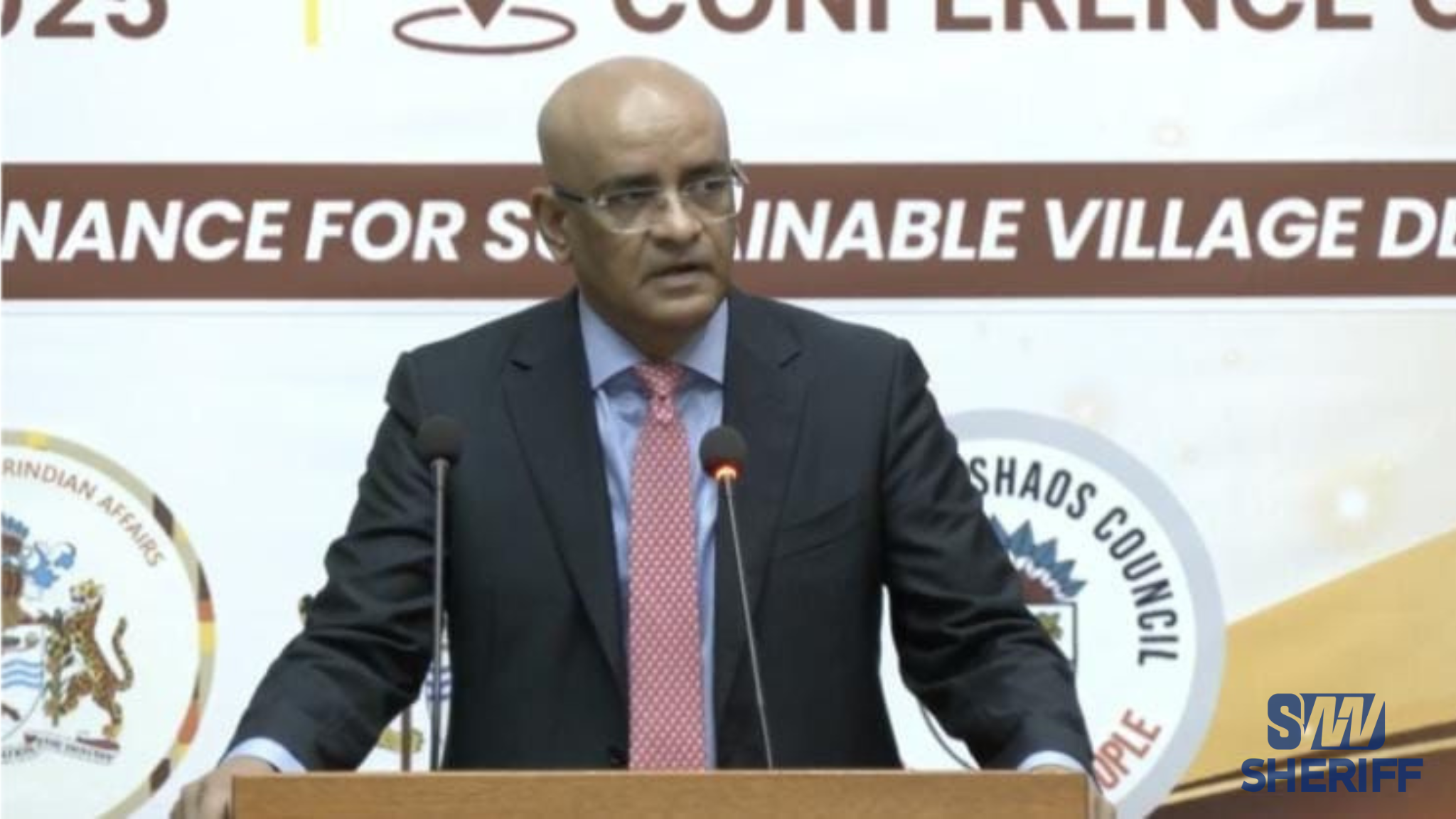
In response to ongoing concerns about the rising cost of air travel to Guyana’s hinterland regions, the government is considering introducing a state-operated air service as a possible solution.
Speaking at the National Toshaos Council (NTC) Conference, Vice President Dr. Bharrat Jagdeo acknowledged that current airfares to remote communities are burdensome and, in many cases, unfair.
He pointed to what he described as consistent price hikes by private operators, which have made it increasingly expensive to transport goods and people to interior locations.
Jagdeo stated that the government has held discussions with air service providers, but if prices remain unreasonably high, authorities may move to establish a government-backed competitor through the Guyana Defence Force (GDF).
“We’ve noticed a pattern where rates increase just before the NTC each year. If the operators are unwilling to be reasonable, the government is prepared to invest in a commercial wing of the GDF to provide a more affordable alternative,” he said.
The Vice President also revealed that the administration is assessing the possibility of expanding the GDF’s fleet to support commercial operations into the interior.
In outlining some of the challenges, Jagdeo noted that in some cases, middlemen charter aircraft and then resell the service at marked-up prices. He proposed that village councils themselves could explore chartering flights directly, which could allow for reduced freight costs for residents.
“We’ve taken steps on the coast to ease the cost of living through subsidies on electricity, water, and transport. We’re exploring ways for hinterland communities to benefit similarly,” he explained.
Jagdeo admitted that the remoteness of some communities poses logistical challenges. However, he indicated that the government is already working to improve access by upgrading roads, bridges, and airstrips. These improvements, he said, would eventually support larger aircraft and more frequent services.
“If private operators continue to exploit the situation, a government-run service will be introduced,” he warned.
Residents and leaders in hinterland areas have long raised concerns about the high cost of travel, which they say has restricted access to goods, services, and economic opportunities.












